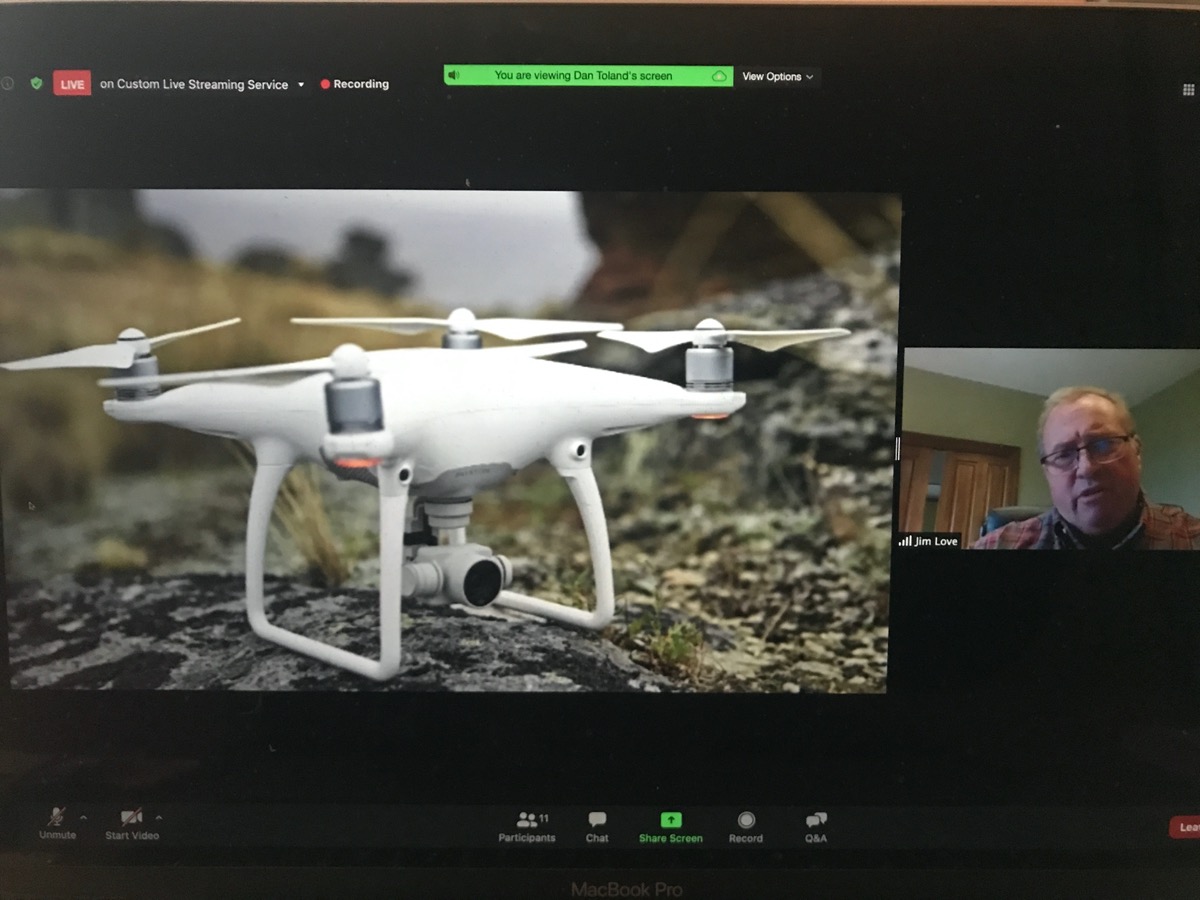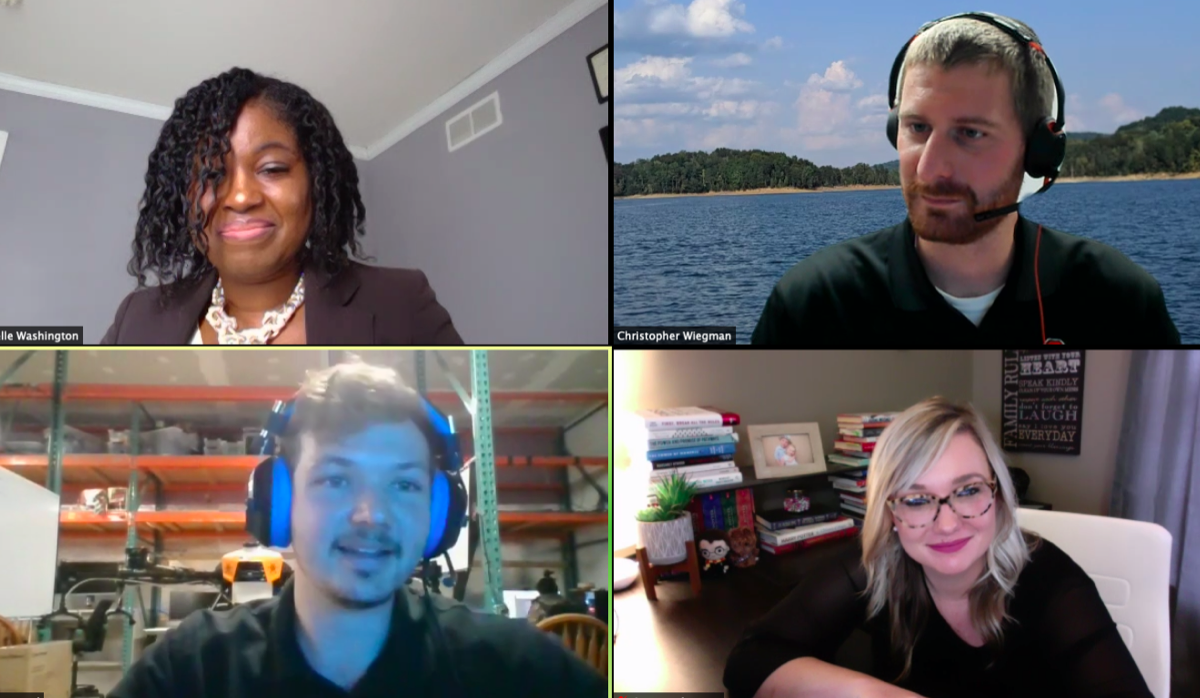The final week of Feed and Fuel Your Future, a collaboration between Ohio Corn & Wheat, Ohio Department of Education, and Ohio Soybean Council, focused on careers in technology. While most people think of medical or engineering jobs when it comes to STEM, there’s lots of agriculture-related jobs that use technology!

The virtual field trip for Week 4 included a visit with Beck’s Hybrids’ Jim Love, light robotics manager and herbicide specialist, and Sheila Downey, regional precision technology specialist. They shared about their work in gathering and analyzing data to help farmers make informed decisions for the next growing year. Their Farm Server program is one example of technology in agriculture, as it allows farmers to layer yield data with planting and spraying information and soil testing data to get a clear picture of what works and what doesn’t.
Downey mentioned the employees at Beck’s who are involved in designing and maintaining Farm Server and Beck’s online ordering system. “They’ve never set foot on the farm, but they are helping us on the farm!” Drones gather information such as where field tile needs to be repaired, what yield is in different parts of the field. Data allows the creation of a map that will adjust for different zones in the field, and the farm equipment will follow that map, planting at different rates and depths in the various zones.
Yield is critical, because it determines how much money the farmer can make. Using activities from Feed the World’s Growing Ohio curriculum, a virtual lesson showed how to scout for plant health and predict crop yields. Technology can help make crop production more efficient and profitable in these areas also.

Drone experts shared their knowledge and experience in the week’s career panel. Nick Nawratil is COO of Hylio, a precision crop spraying drones company, and Chris Wiegman is a graduate student in the Department of Food, Agricultural, and Biological Engineering at OSU. They both have engineering degrees, but never expected they’d end up working in agricultural applications.
Nawratil graduated from an aerospace engineering program and joined friends who’d started Hylio a few years earlier. Initially a service-based company operating in Central America, Hylio now manufactures and sells drones to farmers all over the world. Wiegman’s degree was in bio-medical engineering, but he switched to research the College of Food, Agriculture, and Environmental Sciences for his advanced degrees. He’s currently working on research, using drones and artificial intelligence to diagnose crop stress.
Their advice for students?
Wiegman: “Most of my learning has been on my own, practicing, making mistakes, working through things outside the classroom. Be patient with yourself. You won’t get this right away! Don’t compare yourself to others; just work on improving yourself. Be open to opportunities as they present themselves. I encourage students to take as many classes as you can—marketing, business, communications. It will be really helpful in the workplace.”
Nawratil: “Try not to let yourself get overwhelmed, especially when faced with a big project. It will take some time, piece by piece, to learn and get things done. Look for people who can act as info sources—what jobs do people around you have? Ask them about what they do! Being a jack of all trades is very important. You need to be able to communicate with others well and work together to solve problems and move forward.”
Watch recordings of these and other great resources from Feed and Fuel Your Future on Ohio Corn & Wheat’s YouTube channel!